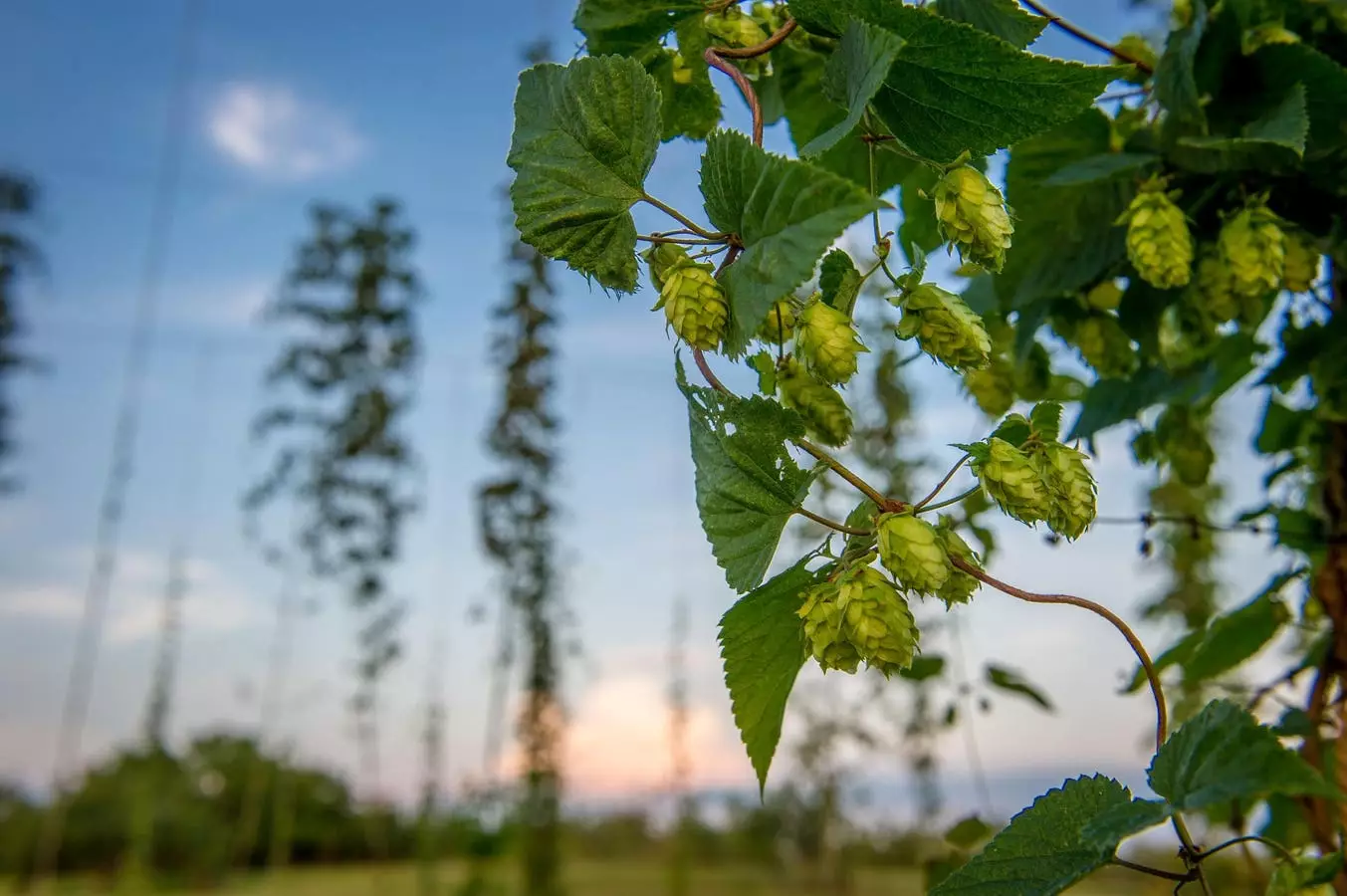The report issued by the United States Department of Agriculture states that hop acreage in the United States is set to decrease by 18% in 2024 compared to the previous year. This significant decline may signal a shift in the hops supply industry, especially in relation to the beer industry, which has been struggling in recent years. It appears that the heyday of beer production might be coming to an end, as hops are primarily used in the brewing of beer.
Shanleigh Thomson, a veteran in the beverage alcohol industry, highlighted the build-up of hops inventory since 2016. Prior to that, there was a shortage of hops due to the explosive growth of craft beer. This shortage led to a rush for breweries to secure purchasing contracts for sought-after hop varieties such as Citra and Mosaic. The over-contracting by breweries resulted in an oversupply of hops that has persisted for years.
The reduction in hops acreage in 2024 has significant implications for small farmers who had been contracted to grow hops for major suppliers. These farmers had made investments in specialized equipment for hop cultivation, which cannot be easily repurposed for other crops. With the decrease in demand for hops, these farmers are left with limited options and face uncertainty about their future in the industry.
Thompson predicts that the reduction in hops acreage may lead to a restructuring of how hops are supplied. Farmers who had previously worked with brokers may now seek direct supply contracts with brewers, bypassing intermediaries such as grower groups and brokers. There may also be a shift towards promoting public hop varieties like Cascade and Centennial, which give farmers more control over their planting decisions. Overall, there is expected to be a significant transformation in how hops are grown and supplied in the United States.
The decrease in hop acreage in the United States in 2024 reflects a broader trend in the beer industry and highlights the challenges faced by farmers in the hops supply chain. The future of hop cultivation in the country remains uncertain, but it is clear that changes are on the horizon. It will be interesting to see how industry players adapt to these shifts and whether new opportunities will emerge for farmers and brewers alike.


Leave a Reply